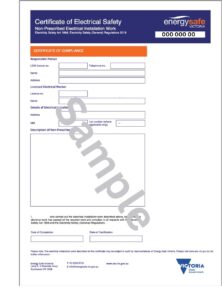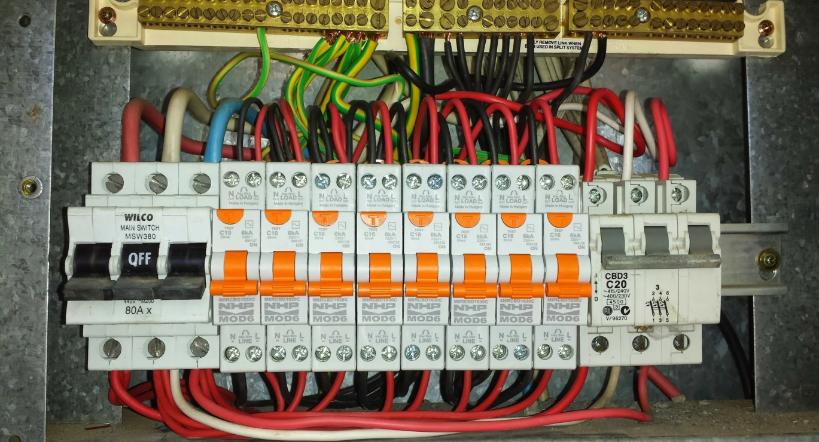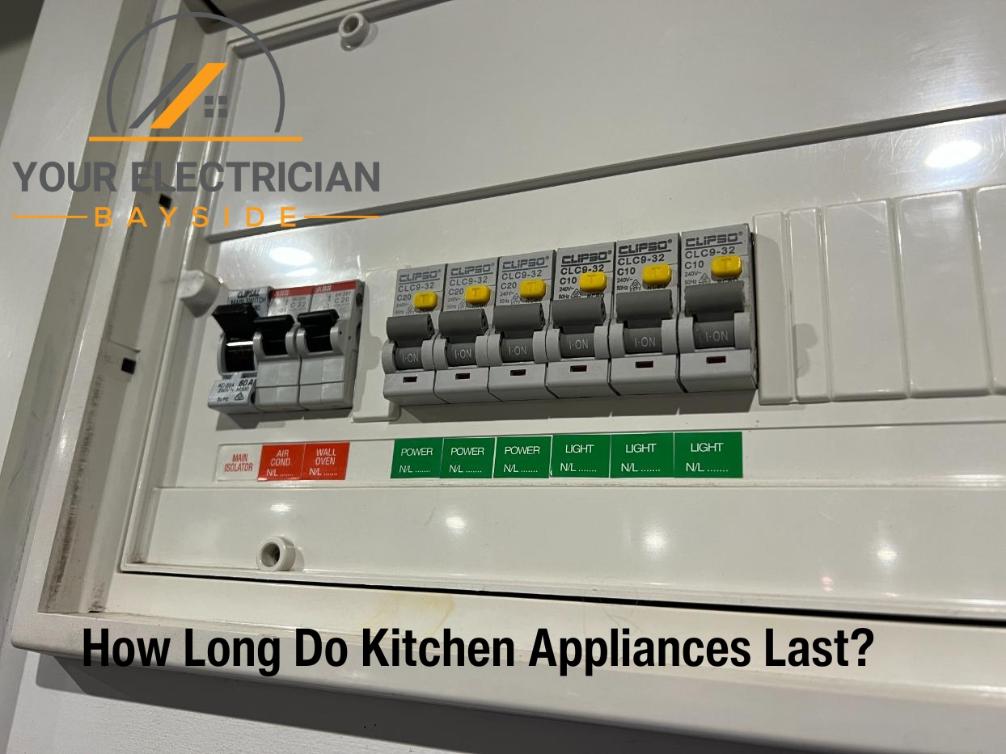Yes, you need a Certificate of Electrical Safety (COES) for any electrical work. This document proves that the job has been accomplished safely while complying with top industry standards.
When you hire an electrical service provider, it’s important to make sure they can provide this certification once they’ve completed the job.
This post will talk about the Certificate of Electrical Safety, what to expect from it, the type of certificate to get, and what happens if you don’t get one.
What is a Certificate of Electrical Safety?
A Certificate of Electrical Safety is a document certifying that electrical work has been completed safely and complies with relevant standards and regulations. This certification is necessary for ensuring that electrical installations and repairs meet the required safety norms. It serves as proof that a qualified electrician has inspected and approved the work, providing peace of mind to property owners and users.
The issuance of this certificate typically follows the completion of any electrical work, whether it’s new installations, maintenance, or repairs. It’s a crucial part of the process, confirming that the work adheres to the Australian Wiring Rules and other relevant guidelines.
The certificate not only ensures safety but also legality. It’s often required by insurance companies and during property transactions.

What Can I Expect from a Certificate of Electrical Safety?
You can expect a Certificate of Electrical Safety to confirm that all electrical work conducted meets the required safety standards and regulations. This document guarantees that the electrical installations, whether new, part of maintenance, or repairs, comply with the Australian Wiring Rules.
In the case of more complex installations, such as that involving 3-phase power, the certificate provides assurance that these have been executed with due diligence and expertise.
The certificate also serves as a record of the work completed. It includes details such as the nature of the electrical work, the date it was carried out, and the electrician’s details. This information is crucial for future reference, particularly if further electrical work is needed or in the event of a safety audit.
What Type of Electrical Safety Certificate Will I Need?
You will need a type of electrical safety certificate depending on the specific nature of the electrical work carried out. A general certificate is usually sufficient for standard electrical installations or repairs in a residential property. This ensures that all work complies with the necessary safety standards.
In contrast, a more comprehensive certificate may be required for more complex electrical systems, such as commercial or industrial setups involving high-load equipment or daisy-chained electrical cords. This type of certificate provides a detailed review of the electrical system, ensuring that it can safely handle the increased demands.
It’s important to consult with a licenced electrician to understand which type of certificate is appropriate for your specific electrical work.
What Happens If I Don’t Get a Certificate of Electrical Safety?
You will be penalised if you don’t get a Certificate of Electrical Safety before having electrical work completed. The law requires people to secure this type of document prior to any electrical work.
Besides that, the document also provides formal assurance that the job was done with safety standards in mind.




